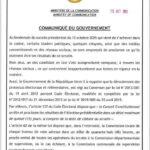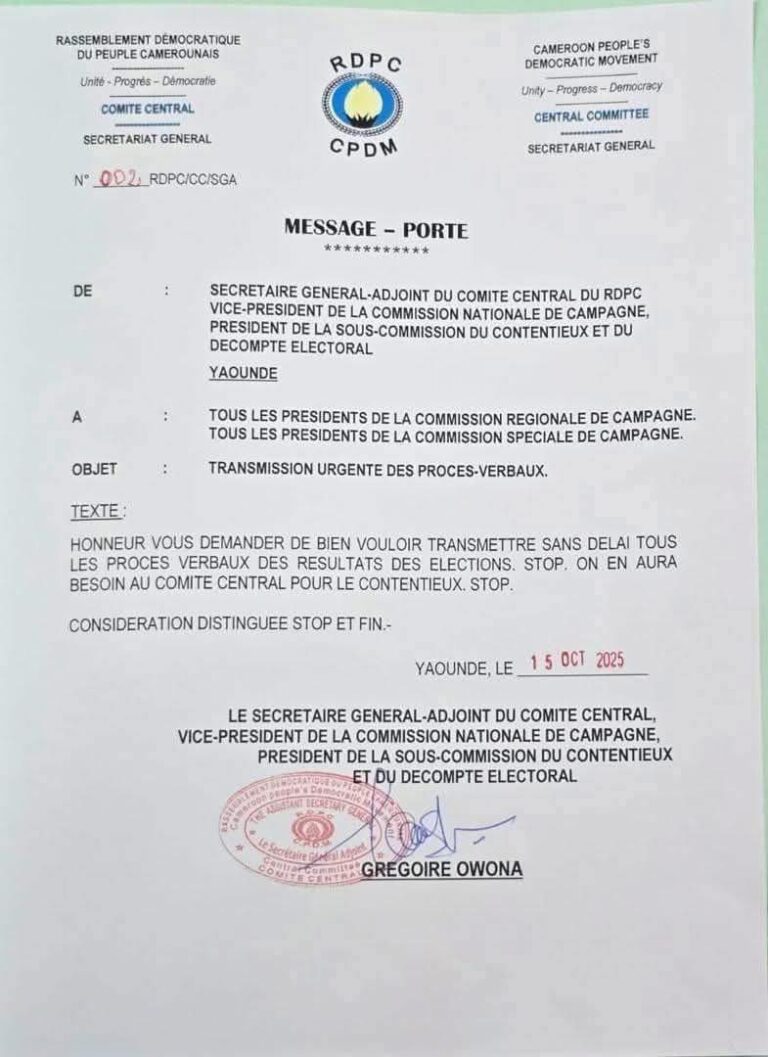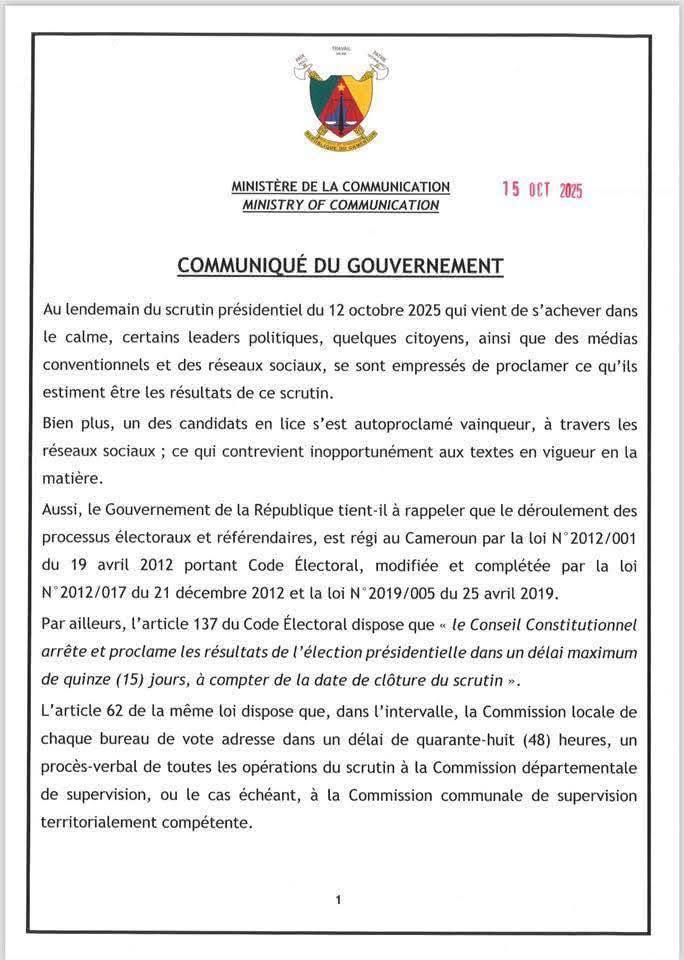Katiba Institute Takes on State Over ‘Secret’ Presidential Appointments

The Attorney General has opposed a petition filed by Katiba Institute challenging the appointment of presidential advisors, insisting that the President made the appointments lawfully and within his constitutional authority.
In submissions filed before the High Court, the AG – listed as the first respondent – argues that the petition lacks a valid legal basis and stems from a “fundamental misapprehension” of the Constitution and the laws governing the creation of such offices.
The AG explains that Article 132(4)(a) of the Constitution gives the President the power to establish offices in the public service based on recommendations from the Public Service Commission (PSC), without requiring parliamentary approval or public participation. The AG also cites Regulation 27 of the Public Service Commission Regulations, 2020, which outlines the legal process for appointing advisors to the President, Deputy President, and Cabinet Secretaries. He maintains that the appointments complied fully with all constitutional and legal requirements.
“The appointment of advisors is an internal administrative process within the Executive Office of the President and does not trigger the obligation for public participation,” the AG submits.
The Attorney General further contended that the petition violates the doctrine of separation of powers by asking the court to intrude on administrative functions that the Constitution assigns to the President and the Public Service Commission (PSC).
He also urged the court to dismiss the case, describing it as speculative, misguided, and lacking any legal foundation.
Meanwhile, the Salaries and Remuneration Commission (SRC) filed its grounds of opposition, asserting that the petition fails to present any valid cause of action against the commission.
The SRC maintained that it has consistently operated within its constitutional and legal mandate.
“The allegations raised in the petition do not implicate any function or power vested in the 3rd Respondent,” reads part of the commission’s court documents.
The SRC also contends that the petition fails to seek any specific relief against it, making its inclusion in the case legally baseless and unnecessary. The commission further argues that the absence of any prayer for relief against it undermines the petitioner’s case and confirms that there is no valid cause of action.
The petition challenges the legality of the recent appointment of presidential advisors. The lobby group claims that the appointments were made secretly and without proper legal authority.
Katiba Institute is asking the High Court to nullify the appointments, asserting that the President does not have constitutional power to unilaterally create and fill such positions without parliamentary approval or clear legal provisions.










